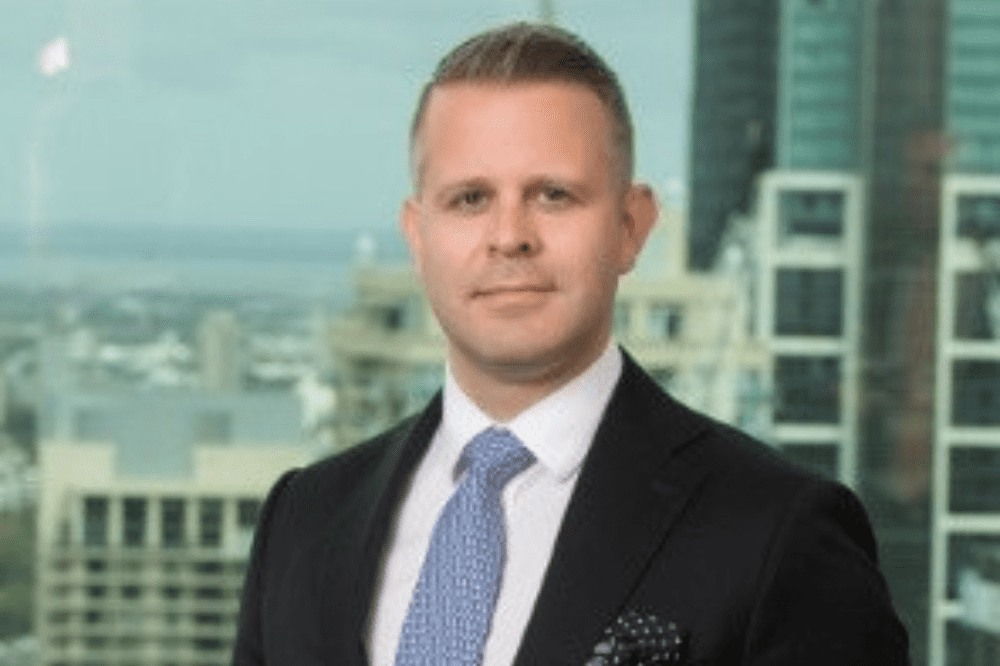Meeting hard market challenges "head on"

Despite the economic doom and gloom and the ongoing hard market, Mills said focusing on service and employing “great people” has facilitated growth and continuing success.
“I think there might be some early signs of softening in some market areas, but it’s certainly still a hard market,” said Mills. He said his firm is meeting these challenges “head on”.
“We’ve always focused on service, that’s been key to our success and our growth,” he said, “which means being responsive to brokers when they phone, or send us an email, or however they get in contact with us. We always try and get back to them quickly.”
Read next: Solution Underwriting celebrates 10 years – what’s changed since its inception?
He said this service philosophy is applied across all their product lines that include general liability, financial lines, and accident and health.
Before opening an office on the west coast, Mills said his firm always made efforts to go “above and beyond” to help its brokers in WA, even outside their east coast business hours.
“We’ve always done quite a lot of business in Perth, and it’s always been our goal and part of our plan to have a presence there by way of an office,” he said.
He said accident and health and general liability are the fastest growing parts of his firm’s business.
“We’re seeing incredible growth in our general liability space,” he said. “We’re actually looking for an additional team member, a senior liability underwriter at the moment.”
He said rather than market issues, their challenge now is keeping up with the number of submissions coming in from brokers.
“We’ve got fabulous capacity with Chubb, AIG and Lloyd’s of London,” said Mills. “Our challenges at the moment are good challenges in that we’re seeing plenty of opportunities to the point where we are employing more people and opening more offices.”
He described the customer mix being brought in by brokers as “quite general.”
“Our business is set up to be able to service the SME right up to the international businesses,” he said. “Likewise, we service brokers from the smallest brokers to the international brokers, and they all get the same level of service. We don’t play favourites.”
Accident and health underwriter, Emily Dickens, is the firm’s first official Perth employee, and Mills said: “We’re thrilled to have her on board.”
Uptick in UA activity
In recent years, underwriting agencies have reported a big uptick in activity as they take on more specialty insurance areas, traditionally the domain of insurance companies. The rise is partly driven by brokers seeking alternative ways to find coverage in a hard market.
In an interview with Insurance Business in May, David Porteous, managing director of The Barn Underwriting Agency said the rise of the underwriting agencies is a global phenomenon.
Read more: The broker assisted rise of the agencies
“I think it is,” said the Sydney-based underwriter. “If you look at some of the agencies in America, the UK and particularly Canada, the landscape that we’re seeing here in Australia is mirrored in those markets.”
The hard market has played a role in speeding up this process, said Porteous. However, he said agencies have been on the rise for much longer.
“There have been so many strides taken over 10 or 15 years to create that space for agencies,” he said. “I think the hard market has perhaps cemented that space and you can’t see it doing a U-turn from here to be honest.”
Today, Porteous said some Australian agencies are larger than some sizable insurance companies.
“CHU is probably a perfect example; it’s a strata agency backed by a QBE. They’re a good example of where a very large company like QBE will identify a space and say: ‘Right, there’s an agency that just does that well and we’ll get behind them rather than try and reinvent the wheel,’” he said.
In an earlier interview with IB, William Legge, the Underwriting Agencies Council (UAC) general manager, agreed.
“I think that the insurers have realized – and rightfully so – that the agencies can deliver to the market a lot quicker and probably a lot more cost effectively than they can,” he said.





